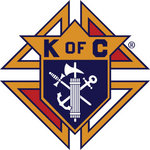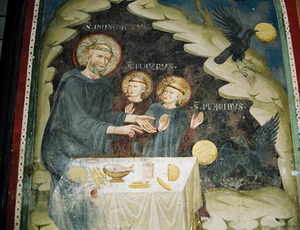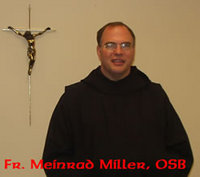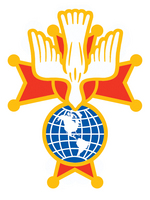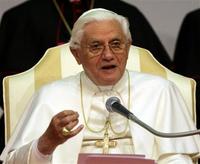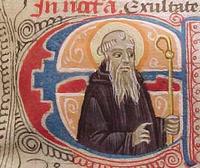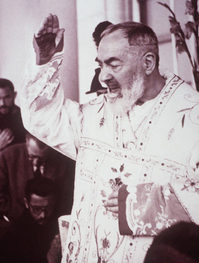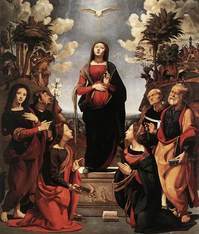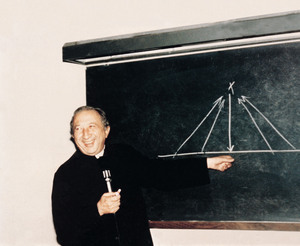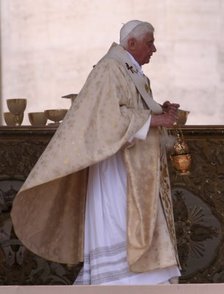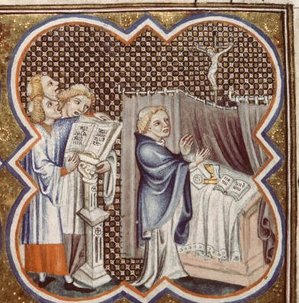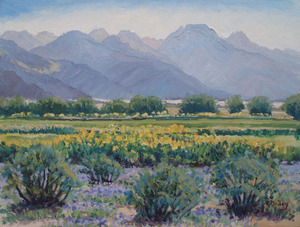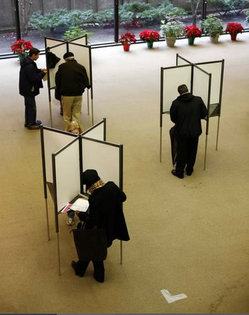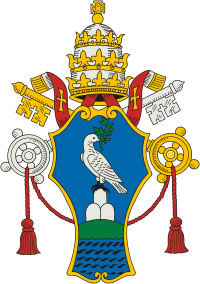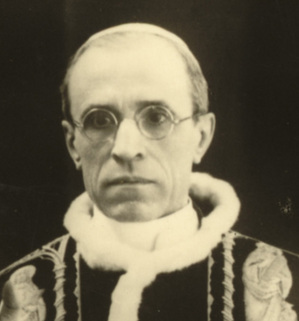“Sport, properly directed, develops character, makes a man courageous, a generous
 loser, and a gracious victor; it refines the senses, gives intellectual penetration, and steels the will to endurance. It is not merely a physical development then. Sport, rightly understood, is an occupation of the whole man, and while perfecting the body as an instrument of the mind, it also makes the mind itself a more refined instrument for the search and communication of truth and helps man to achieve that end to which all others must be subservient, the service and praise of his Creator.” (Pope Pius XII, “Sport at the Service of the Spirit,” July 29, 1945)
loser, and a gracious victor; it refines the senses, gives intellectual penetration, and steels the will to endurance. It is not merely a physical development then. Sport, rightly understood, is an occupation of the whole man, and while perfecting the body as an instrument of the mind, it also makes the mind itself a more refined instrument for the search and communication of truth and helps man to achieve that end to which all others must be subservient, the service and praise of his Creator.” (Pope Pius XII, “Sport at the Service of the Spirit,” July 29, 1945)
I am not a sportsman and I barely watch sports on TV. I will make it a point to follow, at some point during the season, college football scores. I am particularly interested in how my alma mater, the University of Notre Dame is doing in football. (The short answer is badly in recent years!) And believe it or not I was an undefeated freshman soccer coach when I taught high school. The amazing –or foolish– thing is that I never played the game.
As a younger man I did go deer hunting with my grandfather and father, tried swimming, and tried baseball. I even tried endurance motorcycling but ended that brief career when I broke my ankle. The point I want to make is that I attempted but did not succeed because I didn’t have the necessary genes. It seems that my mother doesn’t do sports either but she’ll make it a point to attend my sister’s softball game and watch NASCAR with my father. My father and sister are quite intense with sports. Thank God some gives a good face to this aspect of family life. I stick with garden. No competition there.
One of the grand turn-offs to me in the world of sport is the perceived lack of good moral behavior. The use of drugs, betting, ruthless competition, the misuse of money, the extravagant salaries and compensation packages, the high price of tickets, and the flagrant behavior of the players, coaches and staff is unbecoming. In short, the commercialization of the sports world is wrong and it lacks principle. As Christians there is got to be another way to engage in the virtue, honor and dignity of sport.
Writing for The John William Pope Center for Higher Education Policy, Jay Schalin’s February article “A Call to Arms against College Sports’ Dark Side” calls our attention to a corrective for the ugliness of sport by pointing to an initiative of a former sportsman,
 business and now college president. He writes: “William Thierfelder wants to reverse this trend toward athletic competition without honor or restraint. He is the president of Belmont Abbey College, a tiny Catholic school in North Carolina that is best known for its affiliation with a Benedictine monastery. It might seem to be an obscure starting point for a personal crusade intended to alter what seems to now be an ingrained feature of the American character.”
business and now college president. He writes: “William Thierfelder wants to reverse this trend toward athletic competition without honor or restraint. He is the president of Belmont Abbey College, a tiny Catholic school in North Carolina that is best known for its affiliation with a Benedictine monastery. It might seem to be an obscure starting point for a personal crusade intended to alter what seems to now be an ingrained feature of the American character.”
Schalin further points to “Thierfelder’s vision of sports is far different from one where 10-year-olds try to crush and humiliate their opponents at the urging of adults. He wants to reintroduce the concept of virtue into athletic competition, and he wants athletic training to be considered an integral part of educating a complete individual. He calls his infant
 movement ‘Sports Properly Directed.’ The name comes from an address given by Pope Pius XII called Sport at the Service of the Spirit, which begins, ‘Sport, properly directed, develops character, makes a man courageous, a generous loser, and a gracious victor. It refines the senses, gives intellectual penetration and steels the will to endurance.'”
movement ‘Sports Properly Directed.’ The name comes from an address given by Pope Pius XII called Sport at the Service of the Spirit, which begins, ‘Sport, properly directed, develops character, makes a man courageous, a generous loser, and a gracious victor. It refines the senses, gives intellectual penetration and steels the will to endurance.'”
I want to see more work done in the area of athletics which pays critical attention to the intellectual cultural and spiritual lives we lead. Saint Benedict’s famous Rule for monks is a 6th century document and therefore does not address the issue of good sportsmanship. Nor does it deal with the contemporary vices we encounter in sport. It does however give a way of proceeding that is balanced as it considers mutuality, authority, balance, respect, fidelity, honor, fraternity, etc. But who is doing this type of heavy lifting of the intellect and faith? My hope is that Dr. Thierfelder and his friends will build a Catholic sportsmanship program at Belmont Abbey College. He’s started but has a long way to go before a total change in attitude about playing a game is effected.
Groups of note are the Sports Faith International, Catholic Athletes for Christ, The National Center for Catholic Youth Sports (NCCYS) and Play Like a Champion off to a good start.
Dr. Thierfelder’s own work with Reclaim the Game needs to be talked up. It is impressive to know that there’s even the “Pope Pius XII Sport at the Service of the Spirit Award” sponsored by Belmont Abbey College which gives $24,000 over 4 years.
Thinking of the work of the Holy See one does not think of church and sport in one sentence. Well, there is a section of the Pontifical Council for the Laity (PCL)dedicated to faith and athleticism. Pope Benedict initiated the “Church and Sport” section the (PCL). Read the press release.
If you read Spanish, this article by Father Kevin Lixey “El Deporte y el Magisterio de la Iglesia” is good.
